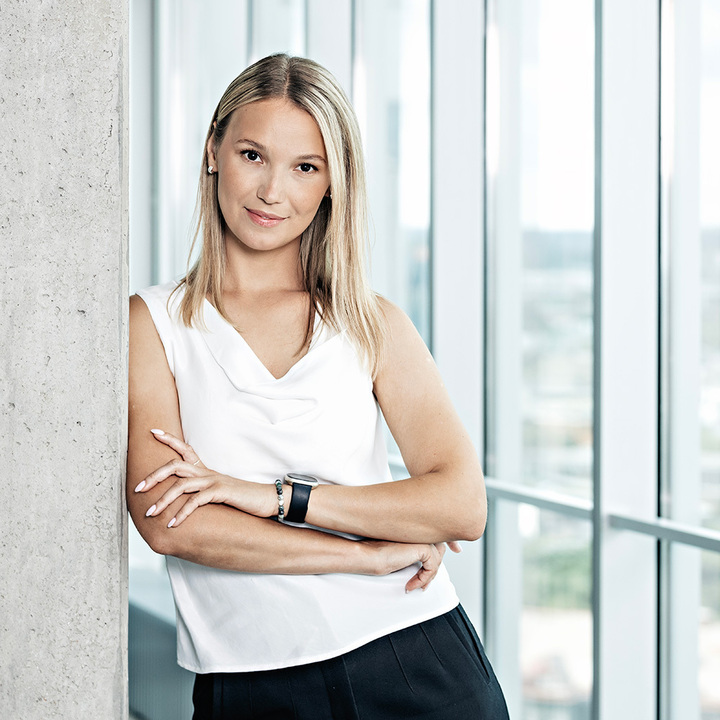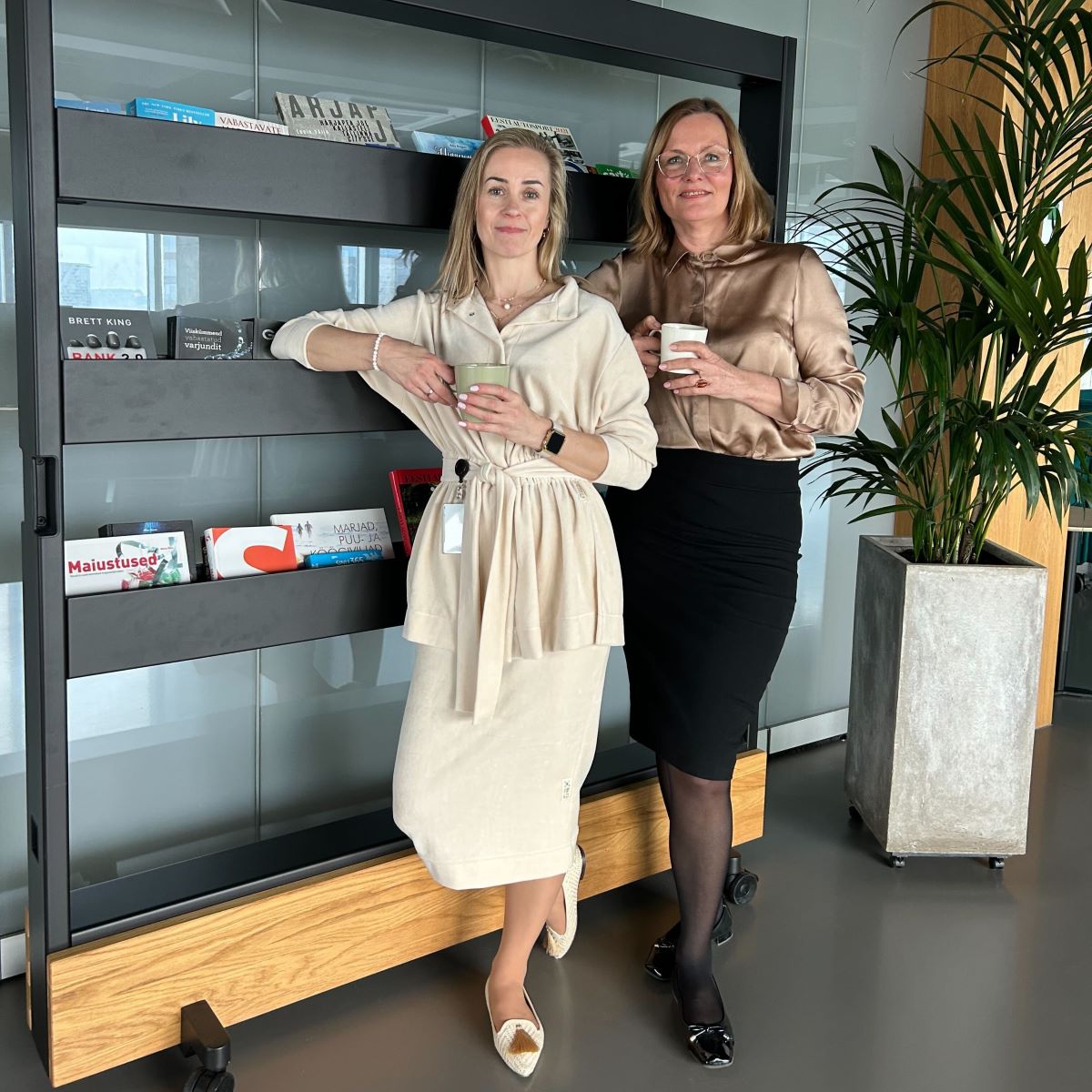
The new school year is about to begin: How to keep the cost of schooling under control?
29. august 2024On the one hand, the approaching school year creates excitement, but at the same time purchasing school supplies also means higher-than-average expenses. Violetta Platonova, Private Client Area Manager at LHV, explains how to plan expenses wisely.
At the beginning of the school year, it is important not to rush with shopping. It is only natural that we want to buy notebooks and diaries as soon as they appear on shop shelves – however, this many lead to a number of things that are not really needed ending up in the shopping cart.
Make a list
The first thing to do is to check which school supplies and clothes the child already has and which ones need to be replaced or bought. It’s often helpful to look at things according to categories: for example, first clothes and shoes, then a school bag, then stationery and art supplies, and finally everything you need for hobby activities. It’s worth checking things with your child: this will also help to teach them to plan from an early age.
You can then make a list of the things you need and decide the order in which to buy them. In most cases, not all school supplies are needed by 1 September – and many of the things that are needed may become clear later, when school has already started. For example, if it is known that indoor physical education begins in the middle of autumn, then indoor sports clothes can be purchased later. Therefore, it is not worth planning all purchases in the last weeks of August: school supplies are often more affordable after the start of school, and this approach also helps to spread out family expenses. It is important that at the beginning of the school year the child has the basics: school bag, diary, and writing instruments.
Time to go looking for the right things
Once the list has been compiled, you should calculate how much can be spent on each category and what is the upper limit of expenditure. Then it is worth starting to look for school supplies in online shops: this will often save both time and money, and a targeted search helps to avoid emotional spending.
In addition, it is worth considering whether all the necessary things must necessarily be new. For example, festive outfits for ceremonies are often worn only a few times before they become small for a child: in this case, suitable second-hand options can be found both in parents’ social media groups and in apps designed to sell things. It is also worth putting on sale items that your child has outgrown or which cannot be used.
However, if you do need to visit a shop to try on or look at an item, it’s best to do so at a time when the shop is not crowded. This way, the purchase can be made quickly and there’s less chance of straying from the list.
Involve your child
It’s also worth involving the schoolchild in preparations for the new school year – firstly, it is the schoolchild that goes to school and secondly, it can, in its own way, help to save money. For example, when choosing a backpack, in addition to its capacity, price and ergonomics, it is worth taking into account the character and attitude of the child towards things: for example, if a backpack does not last for more than a few months, it is not reasonable to choose an expensive backpack. Also, many schools have lockers where heavy textbooks can be left, so perhaps the child prefers another bag instead of a school satchel. It is important for younger schoolchildren to get involved in the selection of their own backpacks and pencil cases – they are much more familiar with popular superheroes and game and cartoon characters. If the child has been able to participate in the selection of items, he or she is more likely to use them with greater pleasure and care.
Another expense related to the start of the school year is various hobbies. It is known that the budget for hobby activities can be very large: and sometimes it happens that the child does not want to continue in the hobby group. Therefore, it is worth starting a new hobby group slowly and not to buy all the equipment immediately or pay for the trainings six months in advance. It is worth checking whether a trial lesson is offered or you can pay for each session separately until you are sure that the child really likes the hobby group.
Teach your child financial wisdom
Starting school or returning to school is a good way to teach your child financial wisdom and cost planning. Thus, when planning the purchase of school supplies, it is worth involving the child at every step and discussing the purchases with them. Also, especially for children entering the first grade, pocket money will be a topic: it is worth explaining to the child how much pocket money they have and whether they can expect it once a month or every week.
You could also open a personal bank account for a child starting school: it is more convenient and secure than giving pocket money in cash – it also helps to keep a better eye on costs. In most cases, bank accounts and cards for children and young people are free of charge. Opening a bank account of their very own means a certain amount of independence for your child, but it should be remembered that having a bank card also requires the ability to manage money. Before the child starts school, it is worth explaining the basics to them and taking the first practical steps together.
As a parent, you can choose how much control you give your child over their finances – in most cases it is enough to be able to pay, withdraw, check their account balance, and ask for additional money. In addition, as a parent, you have an overview of their finances: you can see the account balance and the transactions made, and you can change the limits.
Cards designed for children and young people often come with discounts – as these are mostly with partners whose products or services are often consumed by young people, it is worth getting acquainted with the possibilities. When you are young, every euro matters – this way you can save a considerable amount in the end.




